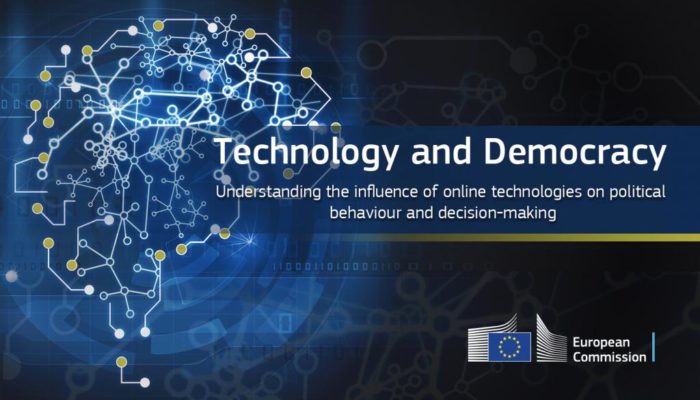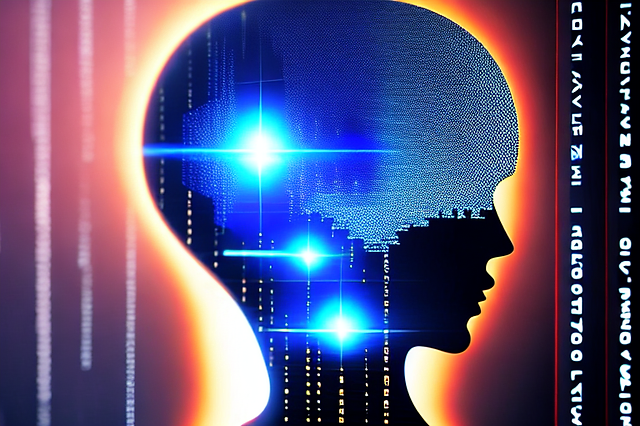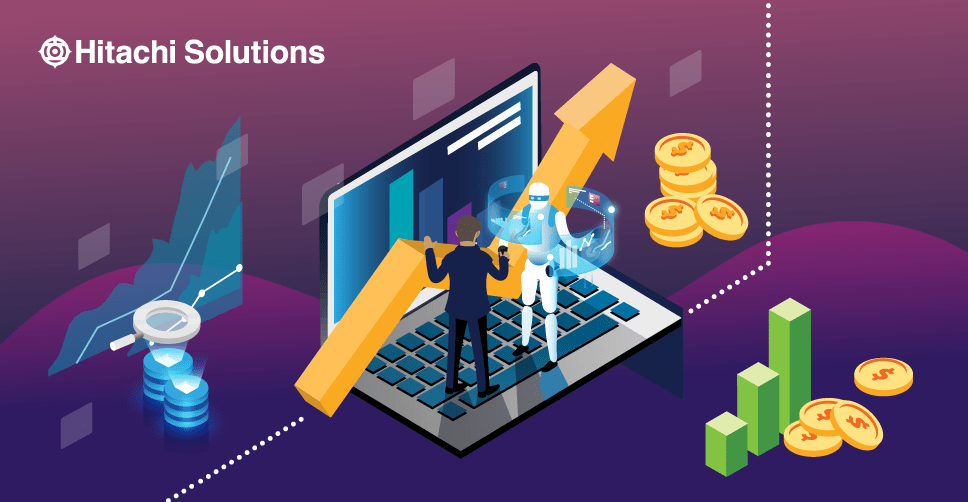Introduction: In the digital age, social media platforms have emerged as powerful tools for communication, information sharing, and networking. With their widespread adoption, social media has also become intertwined with politics, shaping public discourse, mobilizing communities, and influencing democratic processes. In this article, we will explore the impact of social media on politics and democracy, shedding light on its transformative effects and potential challenges.

I. The Rise of Social Media in Politics:
- Mobilization and Grassroots Movements:
- Activism and Awareness: Social media provides a platform for grassroots movements, mobilizing individuals around social and political causes, leading to widespread activism.
- Citizen Journalism: Social media empowers citizens to share information, report on events, and hold governments accountable, bypassing traditional media gatekeepers.
- Changing Landscape of Political Communication:
- Accessibility and Reach: Social media platforms enable politicians and political parties to directly engage with a wide audience, transcending traditional barriers of time and geography.
- Real-Time Engagement: Social media facilitates instant and interactive communication, enabling politicians to respond quickly to issues and connect with constituents.
II. The Influence of Social Media on Political Discourse:
- Rapid Spread of Information:
- Viral Messaging: Social media amplifies the dissemination of political messages, facilitating rapid information sharing and viral content.
- Citizen Engagement: Social media encourages citizens to actively participate in political discussions, express opinions, and contribute to public discourse.
- Polarization and Filter Bubbles:
- Echo Chambers: Social media algorithms can create filter bubbles, reinforcing existing beliefs and limiting exposure to diverse perspectives, potentially leading to increased polarization.
- Spread of Misinformation: The ease of sharing information on social media can contribute to the rapid spread of false or misleading content, impacting public opinion and political debates.
III. Social Media’s Role in Election Campaigns:
- Targeted Advertising and Microtargeting:
- Precision Targeting: Social media platforms offer advanced targeting capabilities, enabling political campaigns to reach specific demographics with tailored messages.
- Data Analytics: Social media data analytics provide insights into voter behavior, preferences, and sentiment, informing campaign strategies and messaging.
- Citizen Participation and Grassroots Fundraising:
- Crowdsourcing and Volunteer Engagement: Social media facilitates citizen involvement in campaigns, encouraging volunteerism, fundraising, and grassroots support.
- Direct Candidate Engagement: Politicians can use social media to directly engage with voters, providing a platform for dialogue, feedback, and transparency.
IV. Challenges and Considerations:
- Fake News and Disinformation:
- Verification and Fact-Checking: Social media platforms face challenges in combating the spread of fake news and disinformation, requiring robust fact-checking mechanisms and user education.
- Algorithmic Transparency: Transparency in social media algorithms is crucial to ensure fairness, mitigate bias, and prevent manipulation of political content.
- Privacy and Data Protection:
- Data Exploitation: Social media platforms’ collection and use of user data raise concerns about privacy, surveillance, and the potential for manipulation of political campaigns.
- Regulation and Accountability: Balancing privacy and data protection with the need for transparency and accountability in political advertising and targeting.
Conclusion: The impact of social media on politics and democracy is undeniable, reshaping the way political communication, engagement, and mobilization occur. While social media presents opportunities for civic participation, access to information, and grassroots movements, it also poses challenges such as polarization, misinformation, and privacy concerns. Striking a balance between harnessing the positive potential of social media and addressing its pitfalls is crucial for nurturing informed, inclusive, and democratic political processes in the digital age.

